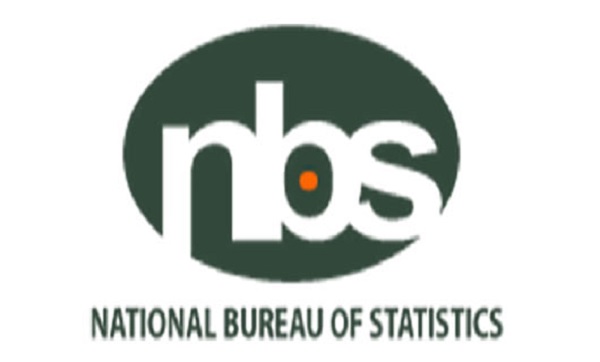By Dickson Pat
Workers without formal education made up 99% of those in informal employment in Q2, 2024, while individuals with post-secondary education experienced a much lower informal employment rate of 26.6%.
This is according to the Nigeria Labour Force Survey ,NLFS, for Q2 2024, published by the National Bureau of Statistics ,NBS.
The report also showed that informal employment accounted for 93.0% of the employed population in Q2 2024, up slightly from 92.7% in Q1 2024 and 92.3% in Q3 2023.
The report highlighted a clear relationship between educational attainment and informal jobs in the labour market. It revealed that individuals with lower levels of education are significantly more likely to be engaged in informal employment.
Conversely, the likelihood of informal employment decreases as educational levels increase, emphasizing the critical role education plays in improving job quality and access to formal employment opportunities
The data provided the following breakdown:
No formal education: 99.0%
Primary education: 97.9%
Lower secondary education: 94.7%
Upper secondary education: 67.1%
Post-secondary education: 26.6%
The survey revealed significant disparities between rural and urban areas. The informality rate among rural dwellers stood at 97.5%, compared to 90.0% in urban areas. Additionally, females were found to be more likely than males to work informally.
Discouraged job seekers are individuals who are willing and available to work but have stopped actively looking for jobs due to factors like lack of qualifications, past failures in securing suitable employment, or challenges such as market conditions that discourage their efforts.
Discouraged job seekers according to the data decreased from 3.6% in Q1 2024 to 2.0% in Q2 2024.
“This decrease suggests could be attributed to an increase in labour force participation and perhaps an increase in the agriculture-related activities,” the report stated.
The survey revealed a positive shift in youth participation in education and the workforce, as the Nigerian youths aged 15 to 24 neither attending school, employed, nor participating in any form of training dropped to 12.5% in Q2 2024, compared to 14.4% in Q1 2024.
This decline indicates that more young Nigerians are now either pursuing education, engaging in vocational training, or entering the workforce, which is a significant step toward reducing youth disengagement.
However, the data also highlighted a gender gap. Female youths were more likely to fall into the NEET (Not in Education, Employment, or Training) category, with 14.3% of them neither in school nor working, compared to 10.9% of their male counterparts.
This disparity underscores the challenges many young women face, such as limited access to education or employment opportunities and cultural or economic barriers that may restrict their participation.





